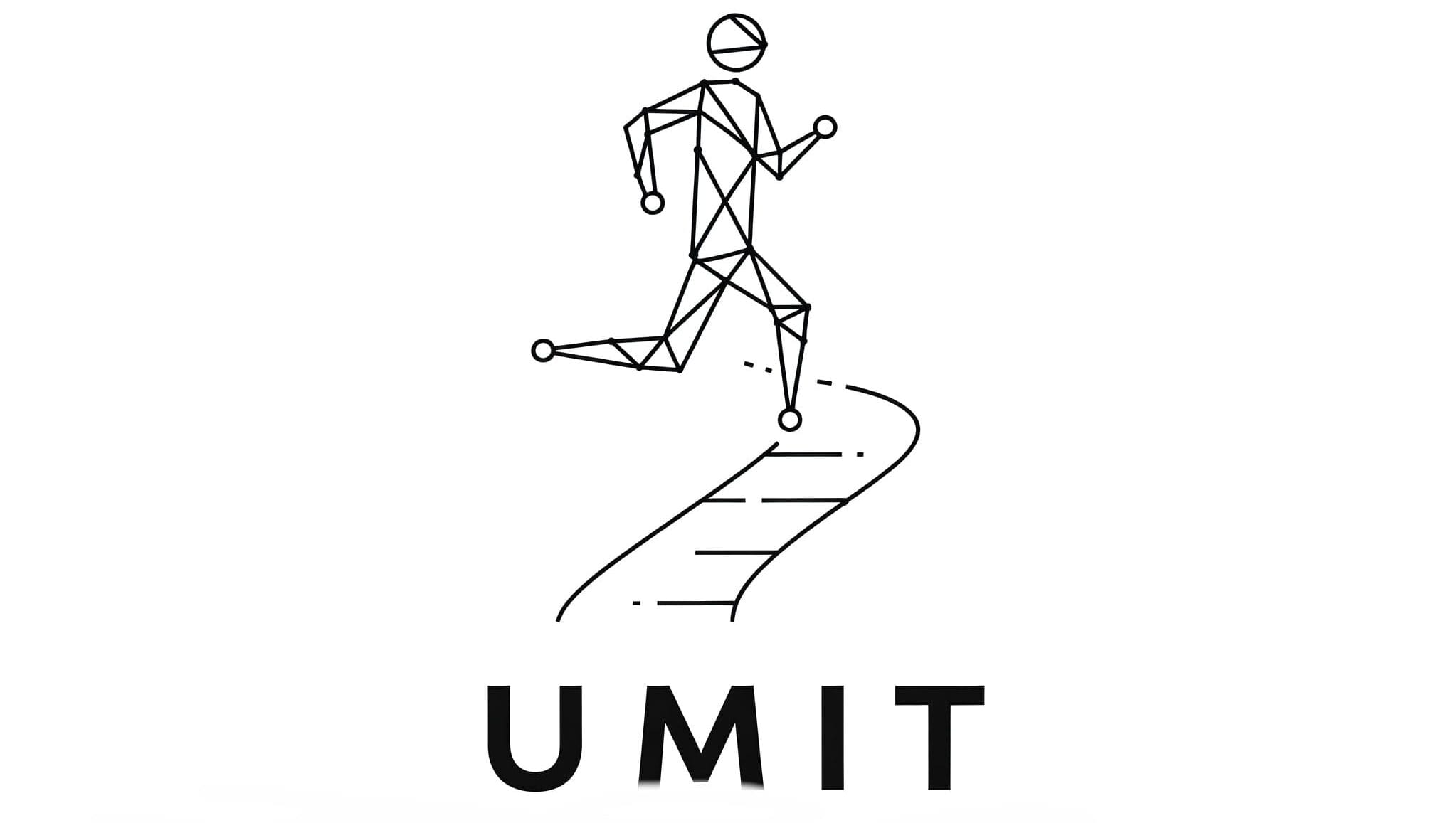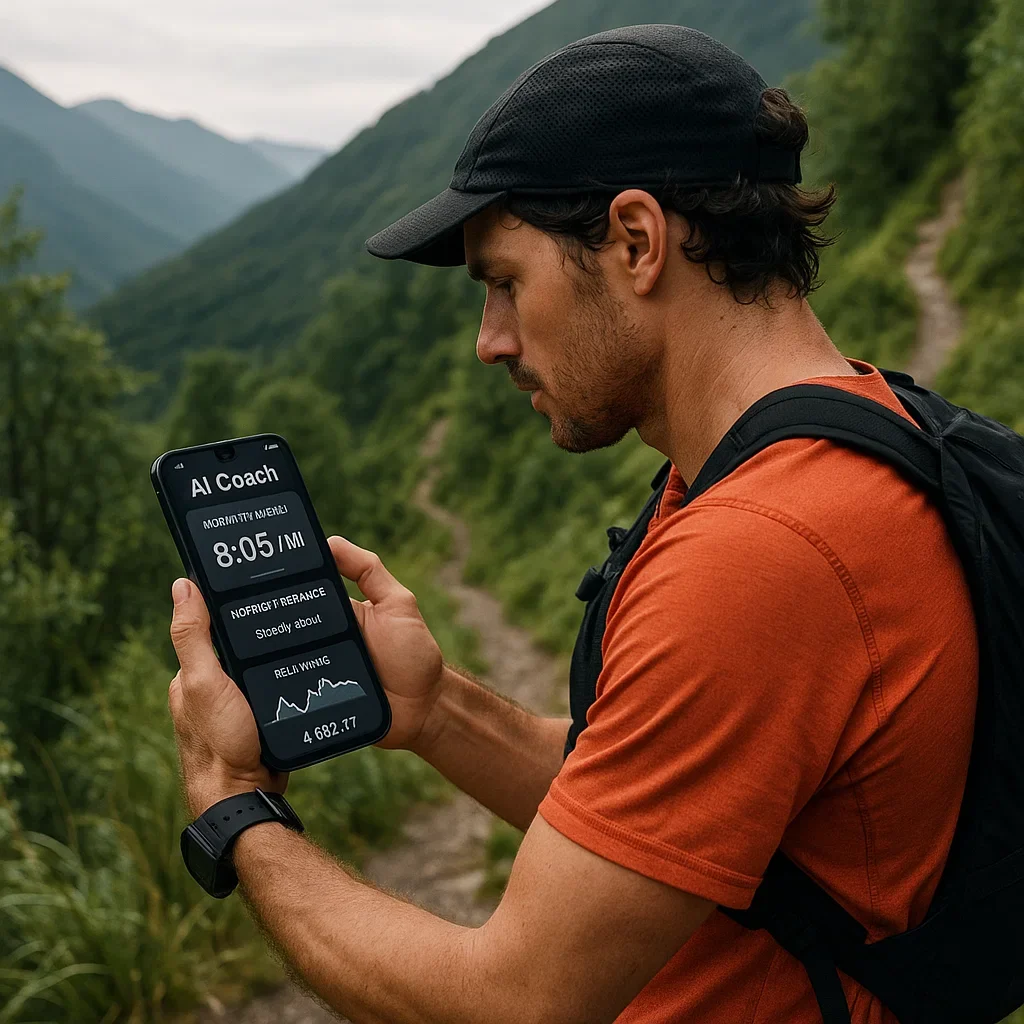1. Introduction
Artificial Intelligence (AI) coaching has rapidly gained ground in endurance sports, and ultramarathon training is no exception. With the ultra-distance demands of 50K, 100K, and even 100-mile races, having a coach who adapts to your fluctuating fitness, fatigue, and lifestyle can be a game-changer. But can AI coaching truly replace the human touch? Are these digital coaches worth integrating into your ultramarathon training plan? In this article, we’ll break down the reality of AI coaching, its benefits, limitations, and practical use for ultrarunners.
2. What is an AI Coach?
An AI coach is a software platform or app that uses machine learning algorithms and data analytics to create, adjust, and optimize your training plan automatically. It collects your workout data—often via wearables like Garmin or Coros watches, footpods like Stryd, and running apps such as Strava—then analyzes performance trends, recovery status, and goals to tailor workouts in real time. Unlike traditional coaches who rely on observation and dialogue, AI coaches crunch numbers at scale to offer personalized daily guidance.
For ultramarathoners, whose training involves varied intensities, long-duration endurance runs, and strategic recovery, AI coaches aim to keep plans adaptive and scientifically grounded, adjusting for fatigue and progress without waiting for the next coach check-in.
3. Popular AI Coaching Apps for Ultramarathoners
Today’s market offers several AI coaching platforms tailored for endurance athletes:
- AI Endurance (Athletica.ai): Leverages your historical data from Strava or Garmin to auto-generate training plans that adapt as you run more. Focused on endurance and efficiency improvements.
- TrainAsONE: Uses AI to adjust your plan daily, based on recent runs and readiness metrics. It factors in injury risk and recovery, popular among distance runners.
- Humango: A newer AI platform that offers ultra-specific training plans, including pacing strategies and nutrition advice.
- FasCat’s CoachCat: Combines AI-generated workouts with scientific training zones and power metrics.
- Runna: AI-powered virtual coach with real-time feedback, workout suggestions, and integration with popular GPS devices.
Each platform connects to your wearable or fitness app ecosystem, ensuring smooth data flow and personalized adjustments based on real effort and recovery.
4. Benefits of Using AI Coaches in Ultramarathon Training
- 24/7 Personalization: Unlike human coaches limited by time, AI adapts your workouts daily, considering recent fatigue or missed sessions.
- Data-Driven Decisions: It leverages objective metrics like pace, power (via Stryd), heart rate variability (HRV), and training load to recommend optimized sessions.
- Accessibility and Cost-Effectiveness: AI coaching is usually more affordable than hiring a personal coach and accessible globally without scheduling constraints.
- Consistency: It provides structured plans to prevent undertraining or overtraining, crucial for long-term ultra success.
- Feedback Loop: Some apps offer in-run guidance (pace alerts, cadence targets), helping you stay on track dynamically.
For many ultrarunners juggling work, family, and training, this combination of precision and flexibility is invaluable.
5. Limitations and Challenges of AI Coaching
- Lack of Human Intuition: AI cannot fully grasp your personal life stressors, emotional state, or nuanced feedback that experienced coaches pick up on during conversations.
- Potential Misinterpretation: Without proper input or context, AI might generate workouts that don’t align with your current health or motivation.
- Technical Glitches and Data Quality: If your device data is inaccurate or incomplete, AI plans may be misleading.
- Psychological and Tactical Gaps: AI tools typically do not provide race-day mindset coaching, motivational support, or detailed race tactics beyond pacing zones.
- Privacy and Data Security Concerns: Entrusting your health and performance data to AI platforms raises questions about data protection.
In short, AI is a powerful tool, but it’s not yet a replacement for the nuanced judgment and mentorship a human coach provides.
6. User Experiences and Reviews
Many ultrarunners report positive experiences with AI coaches, especially those new to structured training or on a budget. They appreciate how AI apps adapt to unexpected disruptions, like illness or travel, without derailing their entire training block.
On the flip side, some users note that AI plans can feel generic or rigid, lacking motivation or the personal touch to push through tough phases. Technical glitches—such as missed data syncs or confusing workout instructions—can also frustrate users.
Overall, the best experiences come from athletes who treat AI coaching as a smart assistant, complementing their self-knowledge and occasional human advice.
7. Expert Opinions and Research
Leading coaches acknowledge AI coaching’s potential but emphasize it should augment rather than replace human expertise. Research shows that AI can efficiently analyze large datasets to predict fatigue or optimize pacing, but current models lack emotional intelligence and situational awareness.
Sports scientists highlight AI’s strength in delivering consistent, evidence-based plans, but also warn against over-reliance on algorithms that may not capture unique individual variability or sudden life changes.
Experts recommend hybrid approaches—using AI tools for daily guidance and a human coach for strategic planning, troubleshooting, and psychological support.
8. How to Integrate AI Coaching into Your Training Plan
- Start with a Clear Goal: Use AI coaches to structure your base training and tempo sessions, where data-driven adjustments are straightforward.
- Combine with Human Input: Consult with a coach or experienced runner to review AI plans regularly, especially during injury or taper phases.
- Monitor Your Feedback: Track your own feelings of fatigue, motivation, and readiness. Don’t blindly follow AI if your body signals otherwise.
- Sync Devices Seamlessly: Ensure your GPS watch, footpod, and HR monitor feed reliable data into your AI platform.
- Use AI for Specific Tasks: Employ AI for pacing guidance, recovery recommendations, and workout adjustments rather than race strategy or nutrition alone.
This balanced integration will maximize benefits and minimize frustration.
9. Conclusion
AI coaching offers ultramarathon runners an affordable, flexible, and data-driven way to personalize training. While it can intelligently adjust workouts based on performance and fatigue metrics, it lacks the intuitive judgment and emotional support that human coaches bring. The sweet spot lies in combining AI’s analytical power with human wisdom and self-awareness. Used wisely, AI coaches can elevate your ultramarathon training, keep you consistent, and provide invaluable guidance—especially when professional coaching is out of reach. As technology advances, expect AI coaching to become an even more essential companion on your ultra journey.

About the Author
Lost Pace is an ultramarathon runner, shoe-tester and the founder of umit.net. Based year-round in Türkiye’s rugged Kaçkar Mountains, he has logged 10,000 + km of technical trail running and completed multiple 50 K–100 K ultras.
Blending mountain grit with data, Lost analyses power (CP 300 W), HRV and nutrition to craft evidence-backed training plans. He has co-written 260 + long-form guides on footwear science, recovery and endurance nutrition, and is a regular beta-tester of AI-driven coaching tools.
When he isn’t chasing PRs or testing midsoles, you’ll find him sharing peer-reviewed research in plain English to help runners train smarter, stay healthier and finish stronger.
Ultrarunner · Data geek · Vegan athlete

